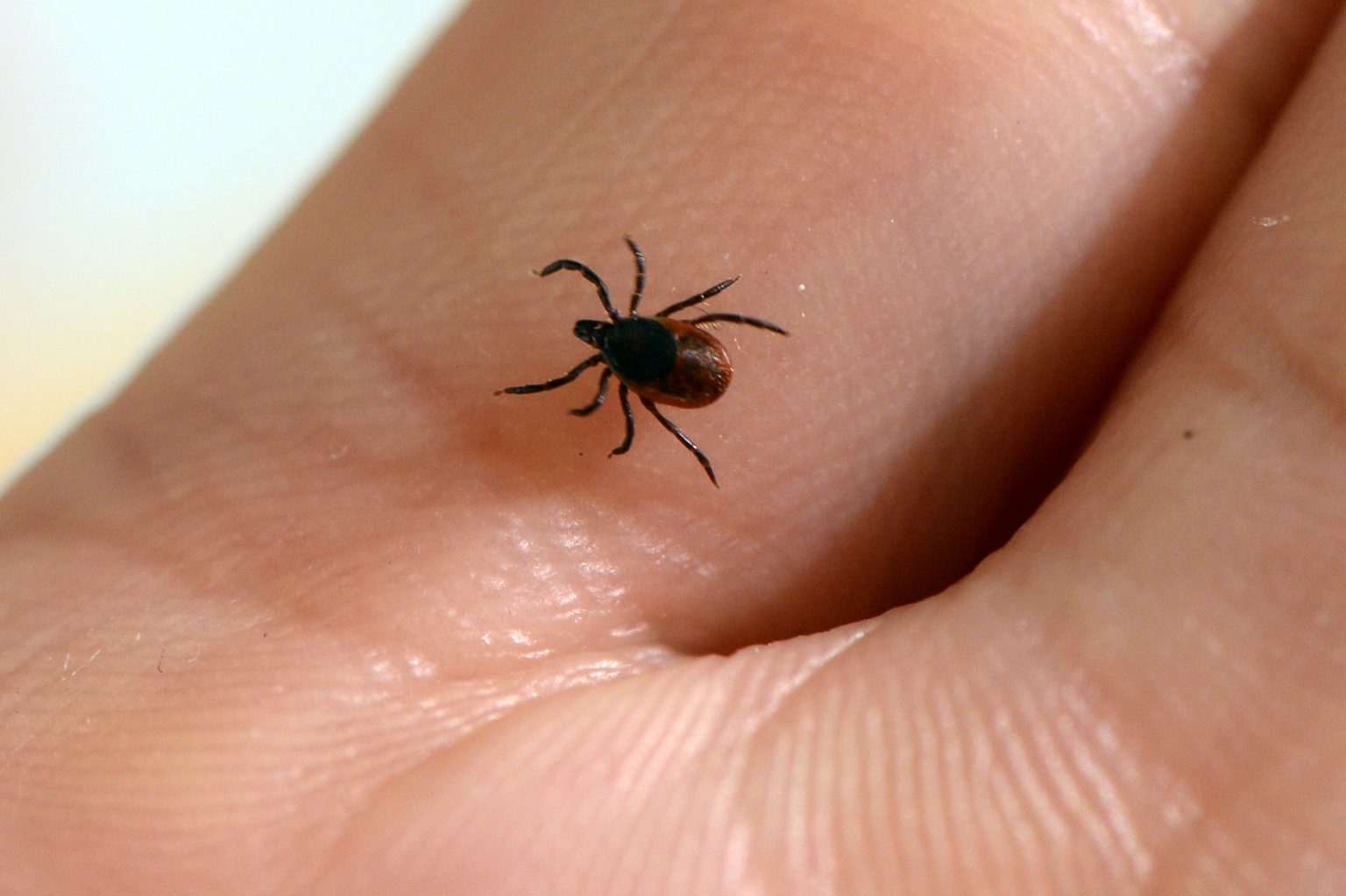Lindsay Keys was diagnosed with Lyme disease in May 2013, after experiencing symptoms such as fevers, chills, and body aches. Despite being treated with antibiotics, she continued to experience debilitating symptoms, including memory loss and confusion, which led her to create a documentary about Lyme. The film, titled The Quiet Epidemic, aims to raise awareness about the prevalence and impact of Lyme disease, which affects nearly 500,000 people in the U.S. each year, with 10-20% experiencing long-lasting symptoms. Keys highlights the lack of progress in Lyme diagnostics and treatments since the 1990s, as well as the economic burden on individuals suffering from chronic Lyme.
The history of Lyme disease has been fraught with controversy and dismissiveness from mainstream medical professionals. Patients have been labeled as “Lyme loonies” by a National Institutes of Health official, and diagnostics and treatments have not advanced significantly in decades. Despite the recognition of other chronic illnesses like long COVID and ME/CFS, the medical community continues to struggle with understanding and treating chronic Lyme. Keys emphasizes the urgent need for research and education to address the complexities of Lyme disease and its impact on individuals and society.
In June 2023, the National Academy of Sciences, Engineering, and Medicine hosted a conference to discuss chronic illnesses linked to infectious diseases, including chronic Lyme. The CDC has since acknowledged chronic Lyme as a condition associated with persistent symptoms. However, the lack of progress in research, diagnostics, and treatments for Lyme disease remains a concern, as millions of Americans continue to be affected by the disease. The urgency of the situation calls for increased funding, education, and advocacy to address the challenges faced by those living with chronic Lyme.
Despite the severity and prevalence of Lyme disease, there has been a significant lack of action and response from health agencies and Congress. The Tick-Borne Disease Working Group issued a report with recommendations to Congress in 2022, urging policymakers to take action on Lyme and tick-borne diseases. Keys calls for greater involvement from decision-makers on Capitol Hill to address the public health crisis caused by Lyme disease. It is crucial for the government to allocate funding and resources to support research, education, and improved care for individuals affected by Lyme disease and other tick-borne illnesses.
The impact of Lyme disease goes beyond physical symptoms, as many individuals also face mental and financial challenges due to the disease. Keys stresses the importance of addressing Lyme disease as a public health crisis and mobilizing efforts to improve care and support for those affected. By involving Congress and other stakeholders in addressing the challenges of Lyme disease, there is a potential to change the course of history and prevent further suffering caused by this complex and debilitating illness. Keys urges for action to be taken to address the urgent needs of individuals living with Lyme disease and to create a better future for those impacted by the disease.


